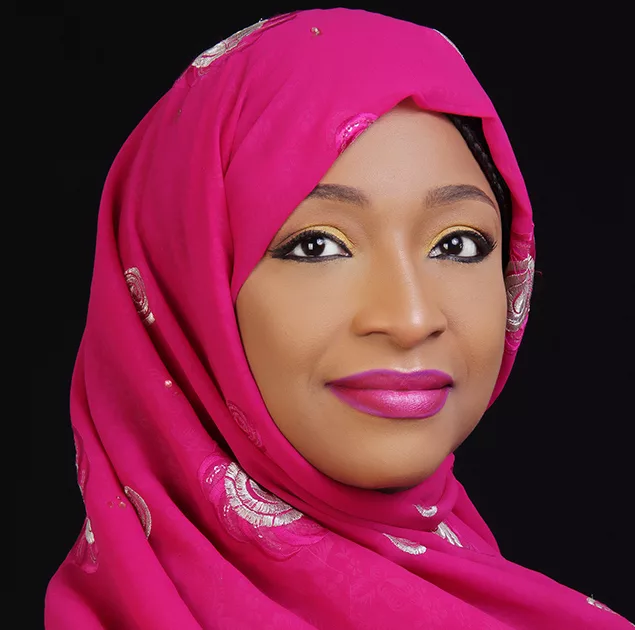In the dynamic realm of entertainment and creativity, Nigeria is not just making waves but creating a seismic shift, marking its presence on the global stage. The recent achievements of Nigerian movies and musicians are not merely accolades; they are milestones that speak volumes about the country’s cultural richness.
Netflix, the streaming giant, witnessed the ascendancy of Nigerian films like “The Black Book,” “Blood Sisters,” and “King of Boys” topping charts across continents. The global recognition didn’t stop there; it extended to the music industry, with over five Nigerian musicians securing Grammy nominations.
Rema’s achievement of 1 billion Spotify streams for “Calm Down” featuring Selena Gomez is a testament to the international appeal of Nigerian music.
The intersection of sports and entertainment was evident as Burna Boy and Davido graced major sporting events, adding a musical spectacle to the UEFA Champions League final and the FIFA World Cup in Qatar, respectively.
Recognizing the burgeoning potential of the creative industry, President Bola Tinubu took a visionary step by establishing the Ministry of Art, Culture, and Creative Economy.
This move underscores the commitment to harnessing the diverse cultural tapestry of Nigeria for economic growth.
The recent Art, Culture, and Creative Economy Roundtable, organized by the Ministry, brought together key stakeholders. Vice President Kashim Shettima, in his characteristic witty style, highlighted the social media influence of celebrities, emphasizing the government’s intent to amplify the voices of creative minds.
Shettima echoed the administration’s commitment to ensuring a more inclusive and prosperous future for Nigeria’s creative economy.
Referring to Tinubu as the “architect” of Nigeria’s entertainment industry, he affirmed the government’s dedication to elevating the creative sector to a critical segment of the global economy.
Despite past neglect, Shettima tendered a sincere apology to the creative and entertainment sector, acknowledging their resilience in building empires with minimal government support.
He praised their role in shaping Nigeria’s positive narrative globally.
Minister of Art, Culture, and Creative Economy, Hannatu Musawa, outlined the ministry’s vision encapsulated in the ‘Destination 2023, Nigeria Everywhere’ initiative. With a goal to contribute 10% to the nation’s GDP and reach a sectorial GDP of $100 billion by 2030, the ministry aims to position Nigeria as the world’s culture, creativity, and entertainment capital.
The strategic blueprint focuses on five key pillars, including creating a conducive environment for growth, protecting creative rights, and fostering collaboration with the private sector.
Musawa emphasized the importance of culture to unite and inspire, aiming to showcase Nigeria’s creators to the world.
In this transformative journey, Nigeria is not merely scripting its creative chapter; it is authoring a global narrative of artistic excellence and innovation.
As the world turns its attention to the pulsating beats and vibrant hues of Nigeria’s creative landscape, it’s evident that this is Nigeria’s decade of creativity.
The stage is set, the spotlight is on, and the world is ready to applaud the symphony of Nigerian creativity echoing across borders.











